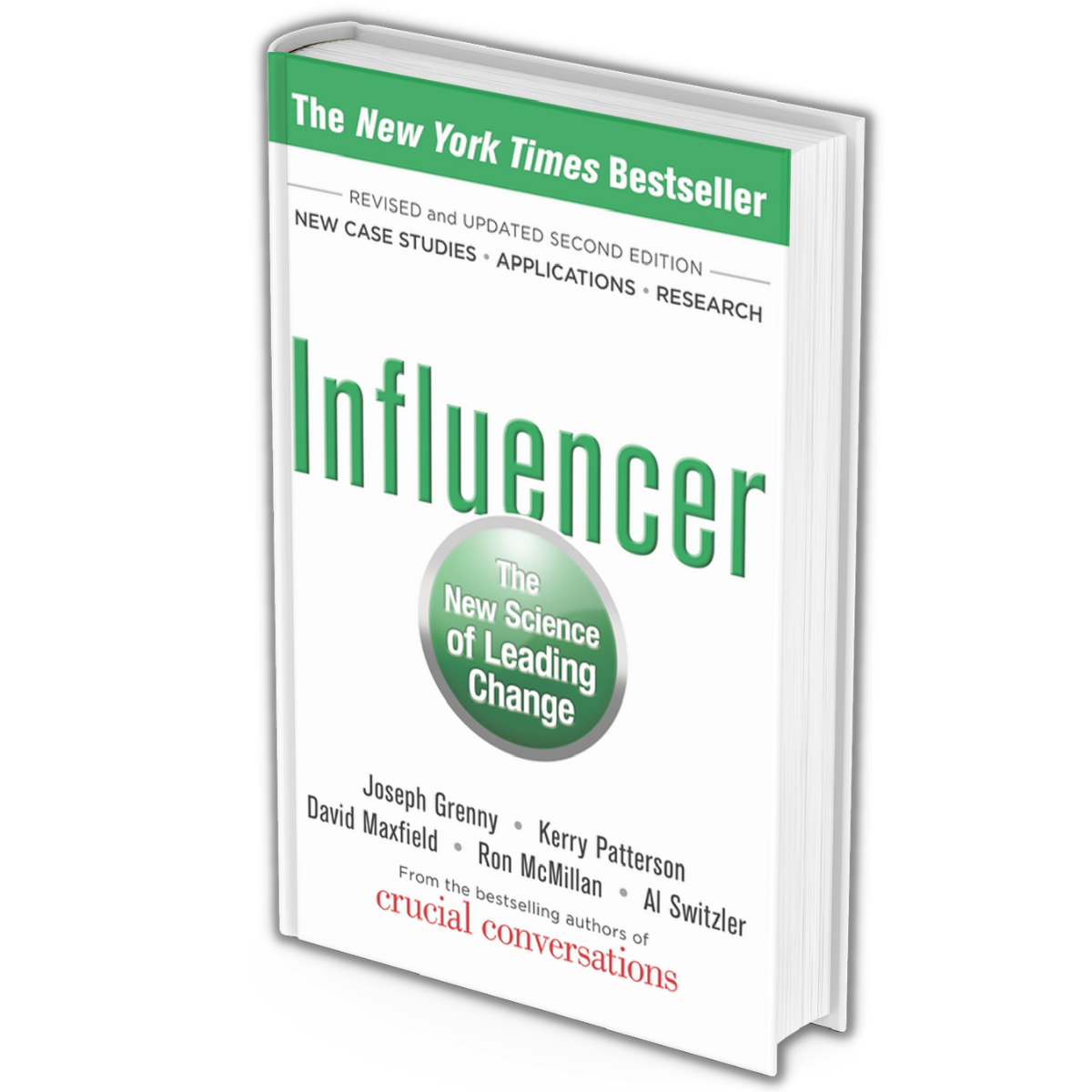
"Change is inevitable....The only constant is change...A change is as good as a rest...You can't teach an old dog new tricks...Be the change you wish to see in the world...Resistance is futile"
Change attracts many clichés. Perhaps it’s because it really is the only constant?
Intentional, planned change can be anything from losing weight at a personal level to preventing Climate Change at a global level. When we think about change in those terms, it’s easy to focus on the outcome – the big idea. But, while ideas are awesome, they alas are not enough. No, ideas don’t change the world – people do. So, what we’re really talking about, in about 99.99% of the cases, is actually changes in human behavior.
If the vast majority of change is really about behavior, then the key to driving successful change is about finding the right behavior(s) to change, and, more importantly making it possible, preferable or, ideally, inevitable that they will.
The challenge, however, is that while outcomes might be highly desirable, the behaviors that lie behind them often are not, or we’d probably already be doing them! Take a simple example: I want to lose weight. This is a good idea and a desirable outcome. Unfortunately, the behaviors that lie behind that outcome are some variation of (1) eating fewer doughnuts, and (2) exercising more. Desirable? Not so much.
It’s easy to assume that motivation is always the deciding factor in the success (or otherwise) of a change, however. Sure, it’s the most obvious one, and we’ve all felt the change-crushing feeling of low motivation. But motivation, while necessary, is not sufficient. According to Kerry Patterson and his friends at VitalSmarts, co-authors of the book “Influencer: The Power to Change Anything”, when designing a change strategy, you should consider all of these factors too:
- Along with the personal motivation to change, do I have the ability to make the change? What knowledge and skills do I need to be successful?
- Do I have the social support and accountability I need? Will my friends/family/peers be motivated to help me, and am I surrounded by other people that are also engaged in that change as a source of influence and cultural reinforcement?
- Does my environment reinforce and reward the right behavior (or discourage the wrong behavior)? And is it physically easier, or even possible, for me to behave the way I need to in that environment?
Back to my example: I want to lose weight, so I have the personal motivation, but perhaps I don’t know how? I lack the knowledge and ability. Some training on the fact that a lower calorie diet combined with increased exercise might help, along with information on the best foods to snack on, and the best exercise to suit my particular lifestyle. If I then enlisted the support of my friends and family to ensure I stuck to my plan and attended a weekly support group for doughnut addicts, I would have the social support I needed. If my progress was shown on a leaderboard I’d have some reinforcement from my environment. And finally, if I locked up all the doughnuts, and had a bowl of fruit and nuts by my side, it would be much easier for me to eat the right kind of snacks when the craving started.
Sure, that sounds like a lot of change for one outcome, but the reality is I am vastly more likely to be successful (10x) if I do all of those things vs just ‘wanting it’. And if I can’t do them all, even doing one or two will still have a significant impact on my chances.
What’s amazing is that you can apply the same principles to weight loss, employee engagement, climate change, and…global pandemics.
So whatever your idea, big or small, figure out what really needs to change, and make it inevitable. That’s how to change the world.
This week’s inquiry…
What do you need to change in order to make your change inevitable?
Dive Deeper…
In this hard hitting, emotionally charged, humbling, and humorous TED Talk, Grenny, co-author of the “Influencer” book, expands on the ideas in today’s blog with some powerful examples of how simple changes in behavior can lead to transformational changes in the world.
“Harness the six sources of influence”
Influencer takes you on a fascinating journey from San Francisco to Thailand to South Africa, where you’ll see how seemingly “insignificant” people are making incredibly significant improvements in solving problems others would think impossible. You’ll learn how savvy folks make change not only achievable and sustainable, but inevitable. You’ll discover breakthrough ways of changing the key behaviors that lead to greater safety, productivity, quality, and customer service.


